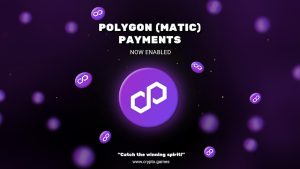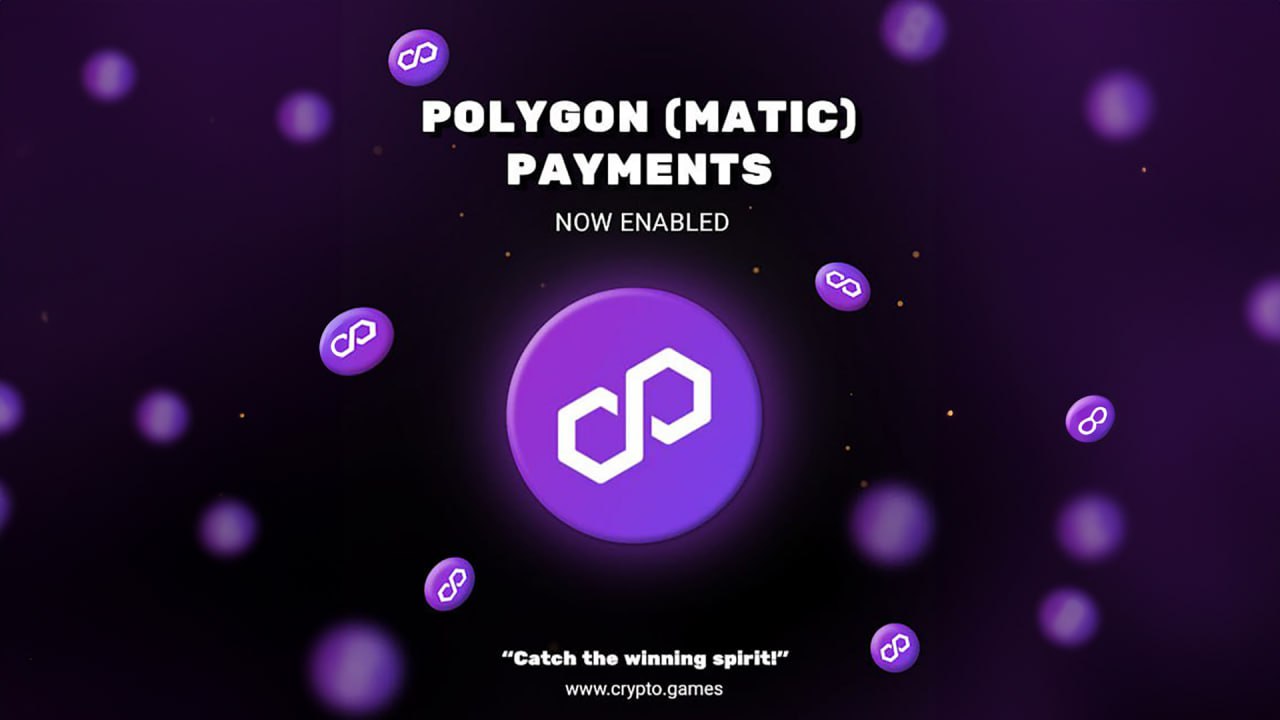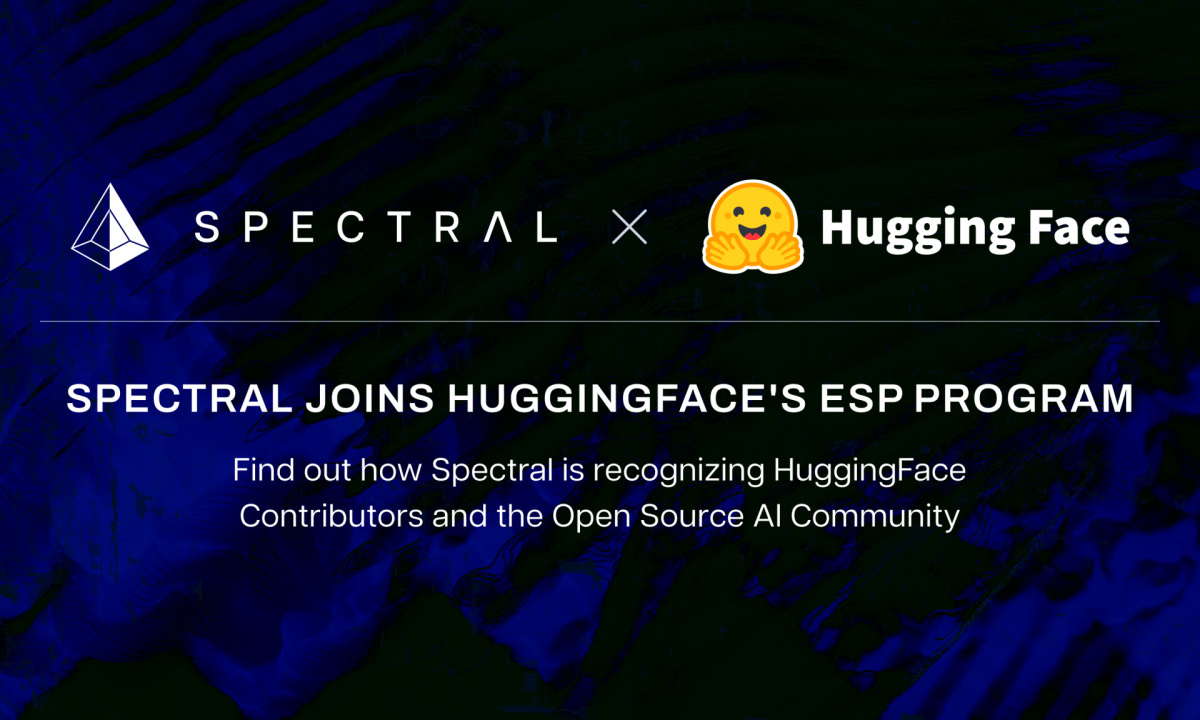Understanding BEP-721 Tokens
The concept of non-fungible tokens (NFTs) was introduced by the Ethereum network through the ERC-721 standard. These tokens represent ownership of unique assets, such as real estate or collectibles, each with its own distinct value.
With the increasing popularity of NFTs, various ecosystems have emerged alongside them. This growth has been driven by the limitations of the Ethereum network, such as high fees and slow transaction processing times, which have made many DeFi protocols impractical to use.
BEP-721 is a modification of Ethereum’s ERC-721 standard and is widely adopted as an NFT standard. Unlike other tokens, each BEP-721 token has a unique identity and cannot be exchanged for another token. These tokens are used to tokenize data ownership and provide a distinct identity to it. This distinguishes them from BEP-20 tokens, which can generate multiple identical tokens within a single smart contract. With BEP-721, each token is assigned a unique ID, making it suitable for representing specific non-fungible objects. Additionally, BEP-721 tokens can include metadata, such as links to artwork or other collectible features, which enhance their value and marketability.
To participate in NFTs and DeFi platforms, including those on Binance Smart Chain, users need a digital wallet and must use cryptocurrencies for transactions. If users do not have a digital wallet like MetaMask, they can easily create one to interact with BSC projects.
Transferring BEP-721 tokens, like other Binance Smart Chain tokens, requires BNB to cover transaction costs. Therefore, it is important to have a small amount of BNB in your wallet when making such transactions.
BEP-721 tokens can be generated on various platforms within the BSC ecosystem, such as Juggerworld, Featured By Binance, BakerySwap, and Binance NFT Marketplace. These tokens can represent physical or digital art, antiques or collectibles, in-game items, lottery tickets, real estate, and physical property.
These tokens come with a set of operations that allow them to interact with the Binance Smart Chain. Some of these operations, such as name, symbol, balanceOf, and totalSupply, are similar to those found in the BEP-20 standard.
In addition to these common operations, BEP-721 tokens also offer a collection of ownership functions, some of which are optional. The metadata functionality is a unique feature of NFTs. For example, CryptoPunks, although not following the BEP-721 standard, utilize metadata to link each unit to a specific punk in a grid of 10,000 punks.











